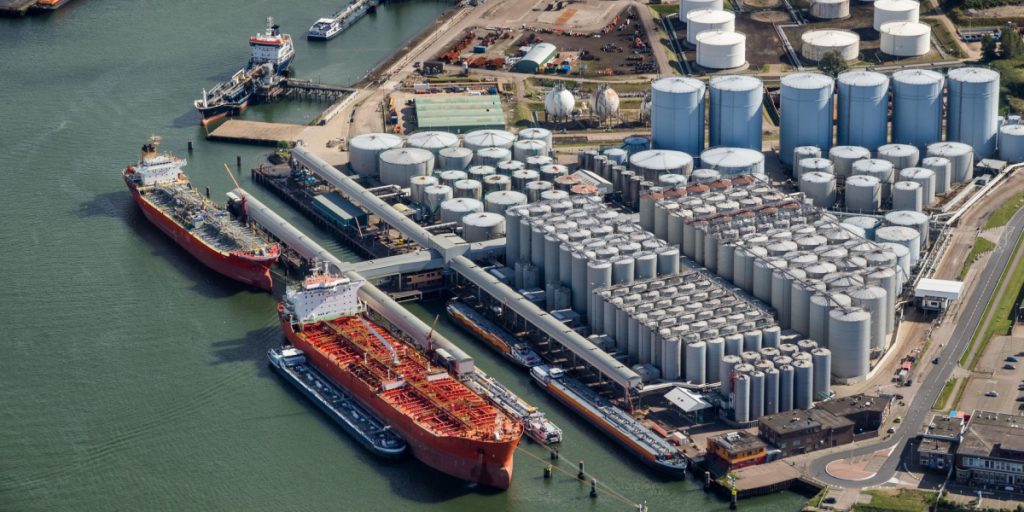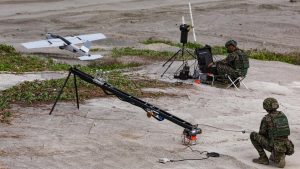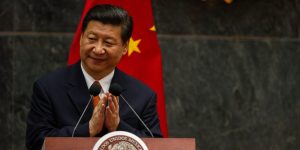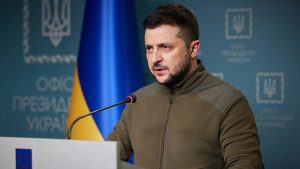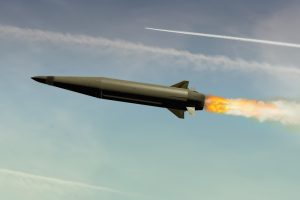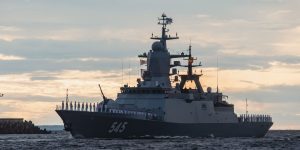The deal is valued at $13 billion annually.
Others are reading now
India’s energy future is closely tied to its surging demand. As one of the fastest-growing economies in the world, it consumes nearly four million barrels of oil daily.
This makes it a key player in the global energy market and an essential partner for oil-exporting nations.
The decisions it makes today will ripple across economies, reshaping trade patterns and alliances, according to El Economista.
This growing influence is evident in India’s latest move. The country has struck a monumental deal with Russia’s state-owned Rosneft, a pact that could alter the energy landscape for years to come.
Also read
$13 billion annually
Under the agreement, Rosneft will supply 500,000 barrels of oil daily to Reliance Industries, one of India’s leading private companies.
The deal, valued at $13 billion annually, is set to last for a decade, making it the largest oil contract between the two nations.
This partnership comes at a time of shifting global alliances. India’s choice to deepen ties with Russia is pragmatic. As Western nations impose sanctions on Moscow over the Ukraine conflict, Russian oil has become significantly cheaper.
For India, which imports 85% of its crude, affordability is paramount. Russian oil now accounts for 40% of India’s imports, displacing traditional suppliers like Saudi Arabia and the U.S.
The timing of this deal is particularly striking. It precedes Russian President Vladimir Putin’s visit to India and coincides with geopolitical tensions as global leaders discuss the ongoing conflict in Ukraine.
It also reflects India’s ability to balance its relationships with major powers, pursuing its own economic priorities while navigating complex international dynamics.
Deliveries from Rosneft will begin in January 2025, with shipments destined for Reliance’s Jamnagar refinery, the largest of its kind globally. Pricing will be reviewed annually, ensuring flexibility in a volatile market.

